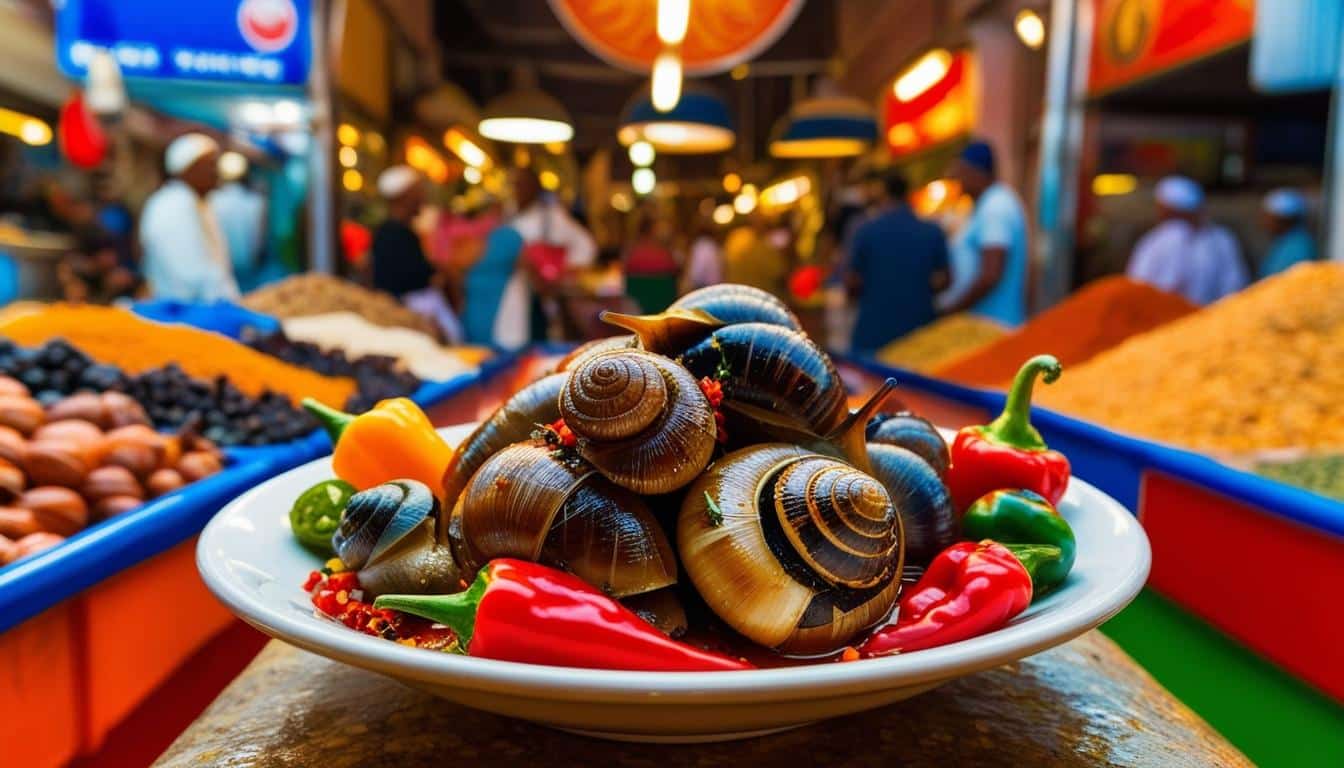In the village of Akouda, unemployed young men are turning to snail harvesting as a profitable alternative amid rising economic pressures.
In the central Tunisian village of Akouda, an increasing number of unemployed young men have turned to an unconventional source of income by harvesting snails, collecting them from rocks and leaves to sell at local markets. This trend is rapidly gaining traction as economic pressures, particularly the high prices of staple food items, continue to burden families across the region.
Karim, a 29-year-old snail seller from Akouda, shared his perspective on the growing demand for snails, stating, “They’re profitable, beneficial and quite in demand.” This statement reflects a broader shift in dietary habits as Tunisian consumers seek affordable alternatives to traditional sources of protein.
Historically, snails have been part of Tunisian cuisine for over 7,000 years, as highlighted by a study published in the journal Archaeological and Anthropological Sciences. In modern times, they are often regarded as a bistro delicacy but are now reclaiming their place in everyday diets as families seek economical substitutes for red meat. Snails are not only much cheaper—costing around five Tunisian dinars ($1.60) for a bowl compared to 60 dinars ($19.30) for lamb—but they also boast nutritional benefits. Low in fat and rich in iron, calcium, and magnesium, they provide a protein-rich option appealing to many households.
The economic climate in Tunisia is challenging; youth unemployment is reported to hover above 40%. Coupled with high inflation rates, this has spurred social discontent and driven some to consider migration to Europe in search of better opportunities. Nevertheless, the snail trade is emerging as a feasible avenue for young people. Mohammed, a local vendor, added, “Snails are better for cooking than lamb,” emphasising both their cost-effectiveness and culinary versatility.
As raising livestock for meat contributes significantly to greenhouse gas emissions and deforestation, the switch to snail consumption also aligns with environmental considerations. Fauna experts highlight that snails present a sustainable source of protein with a substantially lower ecological footprint when compared to traditional livestock farming practices.
Wahiba Dridi, who runs a restaurant in Tunis, noted the popularity of snails during this year’s Ramadan, particularly when traditional meals break the daily fast. She prepares them with peppers and spices, indicating that they resonate well with local culinary preferences. “If people knew the value of snails, they would eat them all year long,” Dridi remarked, emphasising the potential for broader acceptance of this alternative food source.
Thus, through the lens of traditional cuisine, economic necessity, and environmental sustainability, snails are finding new life in the Tunisian market, serving as both a dietary choice and a means of income for many struggling families.
Subscribe
Sign-up to receive our newsletter

